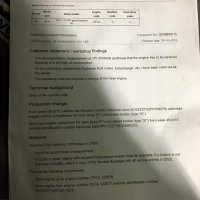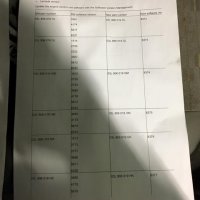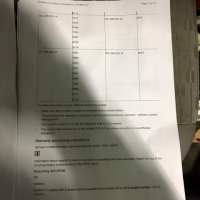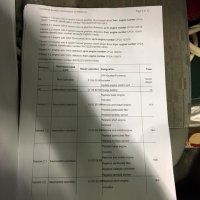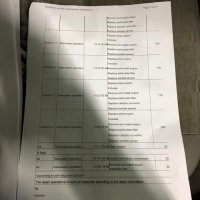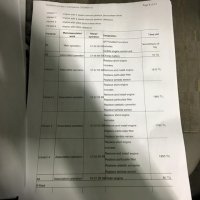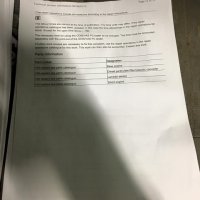2into1
Née T4WFA. Now without Cali :(
Super Poster
Lifetime VIP Member
Here we go.....If it was the EGR solely at fault would you please, please explain why only SOME 180 engines are affected?
I look forward to your expert opinion.
NB CFCA engines from MY 2010 to 2012 are accepted as having a fault, admitted as such by VW.
Not the case in this instance.
I await your response with bated breath.
I thought as a medic you'd be able to understand the idea that not everyone who smokes gets lung cancer yet we accept that smoking causes lung cancer?
So not every combination of fate, driving patterns etc leads to egr disintegration and death of these engines but the early dimise of these engines is usually always down to disintegrating egrs.
We've seen photos of the egrs cut open to see half the fins missing. We know the hardness of the burnt fins.
We seen worn cylinder bores lined effectively diamond hard particals.
We know vw have made repeated attempts to modify top the egr to stop the fins failing. The /d cooler only appeared in 2015.
They have acknowledged all of the above in technical docs and have compensated fleet buyers.
I hope your breath is sufficiently bated.



